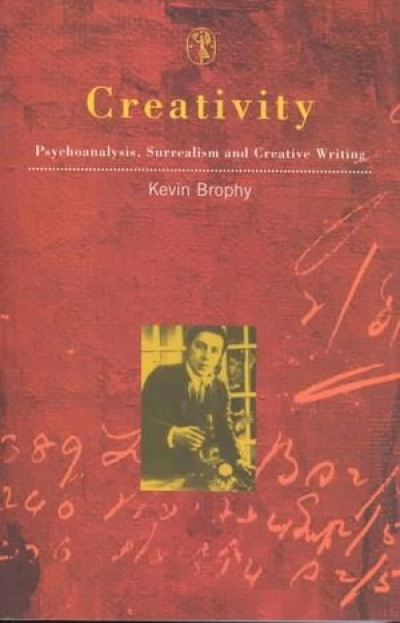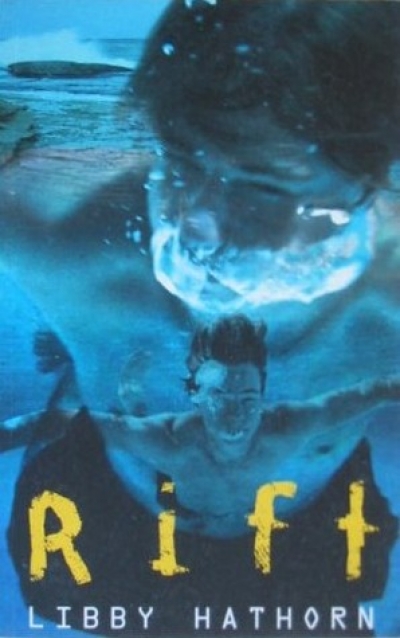Archive
My great-grandfather Robert had a beard, a pointed one, presumably grey. He stands in a sepia-coloured photograph, gazing steadily at the camera, leaning on a walking stick and wearing a grainy-looking overcoat. But these are only dimly recollected details: I have not looked at the relevant album for years. Much more vivid is the voice I never heard. It was transmitted by my mother, who is now also dead. Throughout my childhood my imagination was peopled by various characters, as she recalled their exact words, entertaining my sister and me as she herself had been entertained: by using remembered voices she recreated her past and created one for us.
... (read more)Creativity: Psychoanalysis, Surrealism and creative writing by Kevin Brophy
Vanity Fierce by Graeme Aitken & Gay Resort Murder Shock by Phillip Scott
Pomegranate Season by Carolyn Polizzotto & Till Apples Grow on an Orange Tree by Cassandra Pybus
It is the often hapless task of the reviewer to draw together observations on the aspirations and creations of up to six people into a seamless and riveting piece of critical prose. Sometimes it is just not possible, as is the case here, when all these three books have in common is that they are picture books, and will probably be found somewhere near each other in a bookshop or library.
... (read more)








